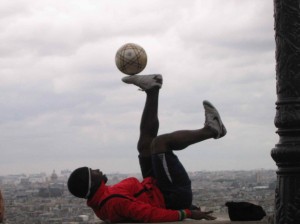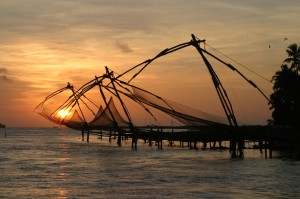 So… more income, more money, should mean we could work less, right. So… what happened? People at every notch on the spectrum are working more than ever, and feel like they are. The marginal utility of more and more money notwithstanding, we have affirmed the precept that our work equals our worth. Full stop. What about all the things we are supposedly working for?
So… more income, more money, should mean we could work less, right. So… what happened? People at every notch on the spectrum are working more than ever, and feel like they are. The marginal utility of more and more money notwithstanding, we have affirmed the precept that our work equals our worth. Full stop. What about all the things we are supposedly working for?
Just in case you weren’t jealous enough of the French already, what with their effortless style, lovely accents and collective will to calorie control, they have now just banned bosses from bothering them once the working day is done.
Well, sort of. Après noticing that the ability of bosses to invade their employees’ home lives via smartphone at any heure of the day or night was enabling real work hours to extend further and further beyond the 35-hour week the country famously introduced in 1999, workers’ unions have been fighting back. Now employers’ federations and unions have signed a new, legally binding labour agreement that will require employers to make sure staff “disconnect” outside of working hours.
deal, which affects around 250,000 employees in the technology and consultancy sectors (including the French arms of Google, Facebook, Deloitte and PwC), employees will also have to resist the temptation to look at work-related material on their computers or smartphones – or any other kind of malevolent intrusion into the time they have been nationally mandated to spend on whatever the French call la dolce vita.
Easy for the Guardian to be cheeky about this, but some acknowledgement of just how out of whack things have become – with constant access to technology – it’s not if you want to be connected, plugged-in, whatever. You are. What now?
The idea of being without four bars (Bukowski: “They got the wrong kind of bars in this place.”) or wifi seems so quaint as to be misplaced and perhaps even inappropriate. What’s left of your life? What does leisure time even mean? Let me look it up on freakingcrazylifeapedia.



